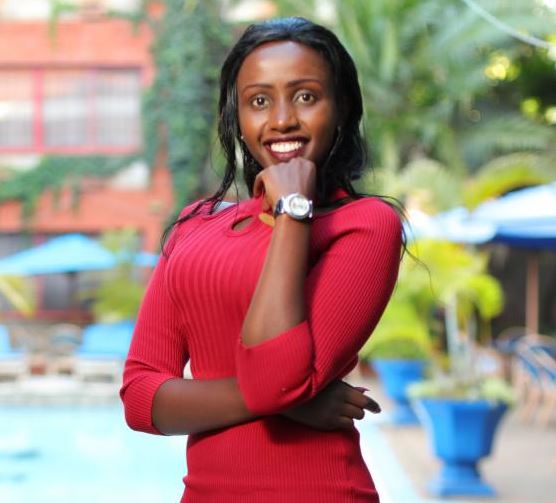×
The Standard e-Paper
Join Thousands Daily

Anne Nderitu, 24, is the founder of Girls Boardroom Forum, a networking platform that links female engineers with mentors. The graduate of the Technical University of Kenya, with a first class honours degree in Aeronautical Engineering, speaks about the struggles of a graduate engineer and the future of Kenya’s aviation industry.
Did you always want to be an engineer?